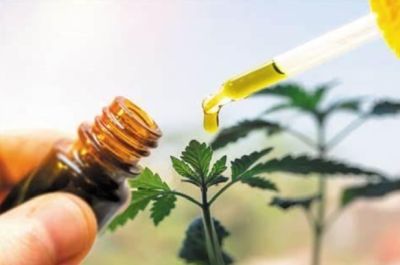5 Preparation Tips For The Competition Season

If you’re preparing your horse for the competition season it’s important that you consider the horse feed you are using.
With an increase in workload, it’s not just their energy requirement that goes up their requirement for other nutrients does too!
So, what do you need to feed the competition horse and how can you prepare for the competition season?
5 Change Your Feeding Regime
#1 Forage
Even if your horse is in hard work forage should ideally make up 1.5% of their ration to maintain their digestive health.
Forage makes up such a large part of the horse’s ration so it’s important that you use the best quality forage available.
#2 Energy
The energy requirements are different for each horse, depending on the type of work they are in and the intensity of the work they are doing. Factors like their breed and type may also have an impact as some horses are better doers than others so get more out of the same amount of feed.
You need to consider the type of energy you feed which can best be described as fast or slow-release energy. Quick-release energy comes from cereal feeds s such as oats and gives your horse instant energy. This is usually needed for work like racing or polo. Lazier horses may benefit from this type of energy as it gives them a bit more sparkle.
For sustaining energy levels without the excitable behavior, slow-release energy is ideal and can be found in ingredients such as oil and fiber. This type of energy is suitable for horses that require stamina, such as event or endurance horses.
#3 Sugar
For horses needing a short burst of energy instantly, sugar circulating in the blood is their most accessible form of fuel. However, it’s important to note that there isn’t enough sugar in the circulatory system to sustain exercise for long periods.
The horse draws on fat stores if working at low intensity or reserves of carbohydrates if working at higher intensities. Additionally, high blood sugar can lead to excitable behavior that you don’t always want when competing.
#4 Electrolytes
Harder work means horses tend to sweat more and can lose electrolytes which can also be lost in urine and feces too. When the horse doesn’t sweat too heavily, electrolytes that are lost can be replaced by minerals in the horse’s normal diet.
For horses that are competing and sweating more, or working in hot conditions, you may need to provide your horse with additional electrolytes in either their water or feed.
#5 Protein
Horses in work need more protein to help with the renewal and repair of cells in muscle tissue and potentially build new muscle in response to work Although they are able to produce some amino acids themselves, essential amino acids must be added to the horse’s diet.
Both the quality and quantity of the protein are important, good sources of essential amino acids in horse feeds include alfalfa and soya.
Recommended Checks
In the lead up the competition season, as well as altering their feed regime, there are several other important checks that need to be carried out. These are all things people should be doing anyway NOT just in the run-up to the competition. These include:
- Check for any rule changes that may affect the tack and equipment that you use.
- Making sure that your trailer or horsebox is ready for the journey. Whether you’re attending events close or far away, your vehicle needs to be taxed and insured, to ensure that all travel safety precautions for your horse have been met. These include sturdy flooring and ramp, lights that work, all the tack for the event are in the lorry and you put your horses’ passport in for every journey.
- Getting yourself fit; a lot of focus is put into preparing your horse for the competition season, but you need to be physically fit too in order to perform to your best ability.
- Ensuring that your horse is up to date with their vaccinations; you won’t be able to compete at most venues if your horse hasn’t had their vaccination for equine influenza.
There are many factors that must be considered during the preparation for the competition season. Whether you’re competing in endurance, eventing, dressage, showjumping or any other discipline, these tips should help you and your horse to perform to your best this season.






